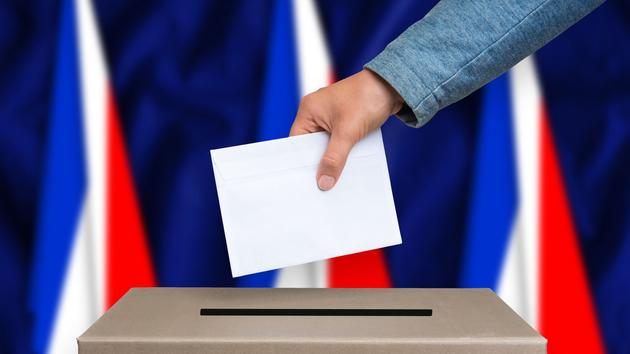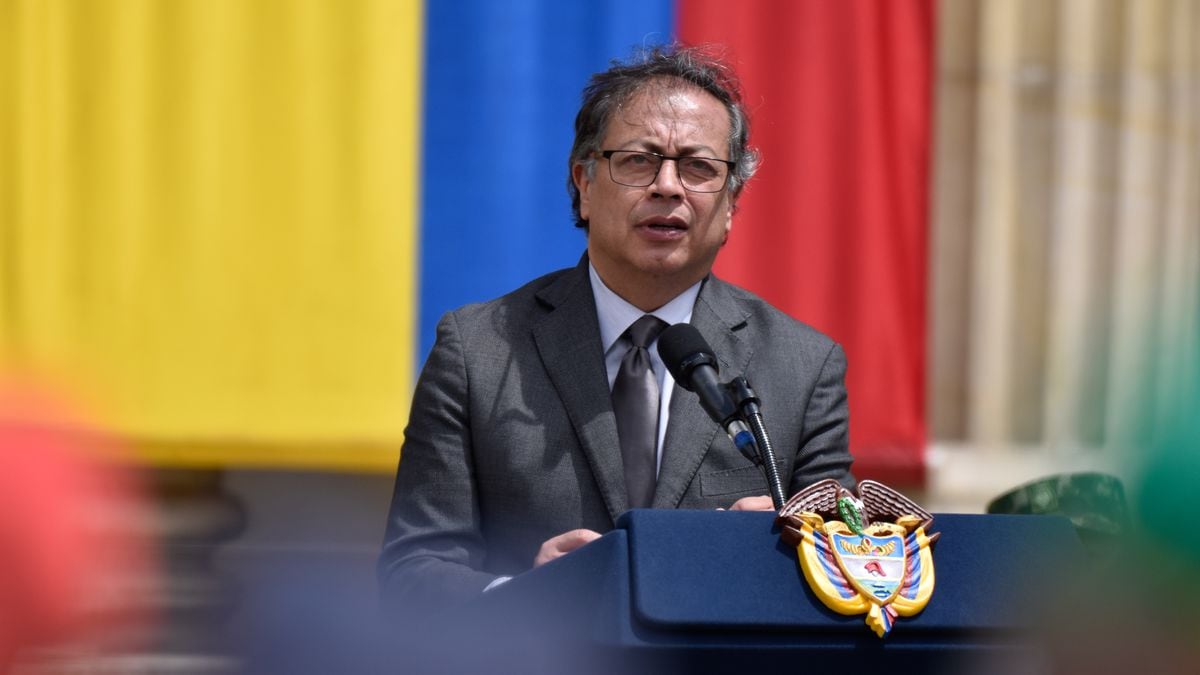"It is the democrats who make democracies, it is the citizen who makes the republic."
These words of Georges Bernanos, with the airs of tautology, are a first track.
A fortiori, just as the royalists allow a royalty, and the despots a tyranny, a democratic regime is consolidated by democrats.
But let us dwell on the precise meaning of this word, while the presidential election is in its infancy.
Sometimes overused, subject to multiple meanings which fluctuate according to whoever evokes it,
"democracy"
, whether we love it or hate it, is a word that deserves to be (re) defined.
To discover
Digital event of the literary Figaro: "How to get published?"
In the secret of publishing houses ”
Passionate about word games?
Discover the Figaro games app
● Power of the people
“People”
and
“power”
are closely linked to this regime. They are the ones who gave it birth, through the Greek
dêmokratia
, of
demos
,
"people"
, and
kratos
,
"power, authority"
. It is based on the sovereignty of the people. It is the government of all,
"as opposed to the governments of a few (the aristocracy) and the government of one (monocracy),"
notes Cairn.info. It is therefore the people, and only the people, who exercise their sovereignty and take the resulting decisions. A nuance, however. These decisions of the people, that is to say of all citizens,
"Are exercised theoretically or actually, directly or indirectly"
, as the French Academy specifies.
This is the specificity of democracy in France, known as
“representative”
: it works through intermediaries, or through referendums.
Democracy is therefore first and foremost the name of a system of government.
Article 1 of the French Constitution of 1958 stipulates it: France is a Republic, of course, but above all a
“democratic” Republic
.
● A way of life
Democracy implies a particular way of life.
It is a “collective” mode of existence,
where the same advantages are granted to all ”
, and within which
“ collective responsibility is exercised ”.
Its original meaning, given by Thucydides, has hardly evolved in this direction:
"Our Constitution is called democracy because the power is in the hands not of a minority, but of the greatest number",
he said to Pericles. It is to the latter that we owe this old regime of a few thousand centuries, invented after the overthrow of the tyrants in 510 BC. He then strengthens the
Ecclesia
, a people's assembly in which all citizens can participate, while the executive power is in the hands of the magistrates.
"The judicial power is in the hands of Hélié, a tribunal of 6,000 citizens drawn by lot for one year"
, informs Geo. As for the legislative power, it is entrusted to the
Boulè
,
"Popular council of 500 citizens, also drawn by lot for one year, which votes the laws prepared by the Ecclesia."
Thus was born the separation of powers.
In
The Peloponnesian War
, Thucydides will establish the fundamental essence of a democracy by writing:
"The only true party is the common good"
.






/cloudfront-eu-central-1.images.arcpublishing.com/prisa/Z54YD2WUPOJCLTTEOIMZQJIPZY.jpg)


